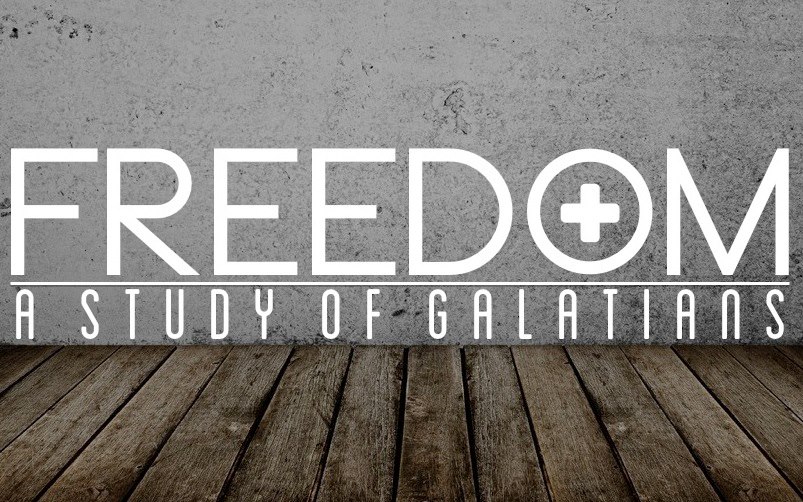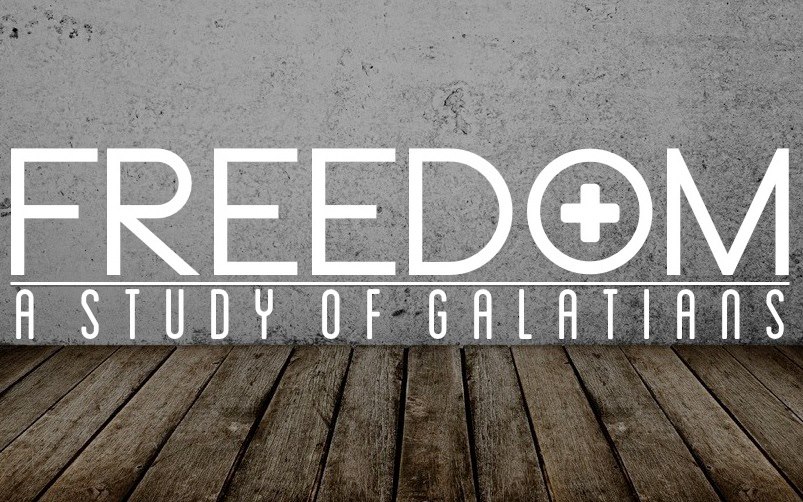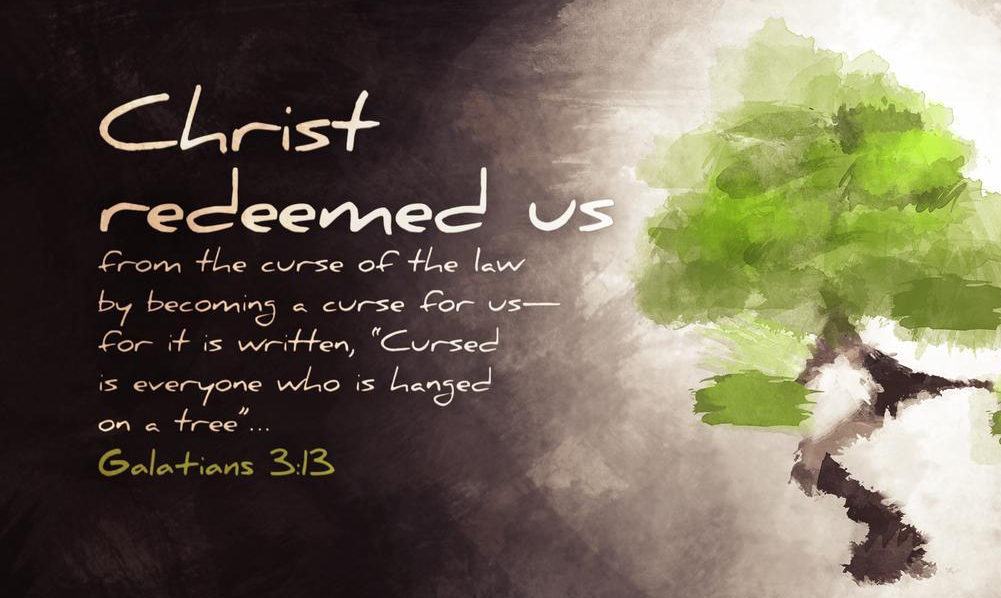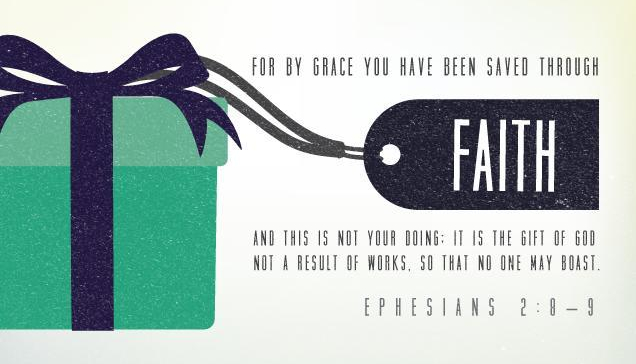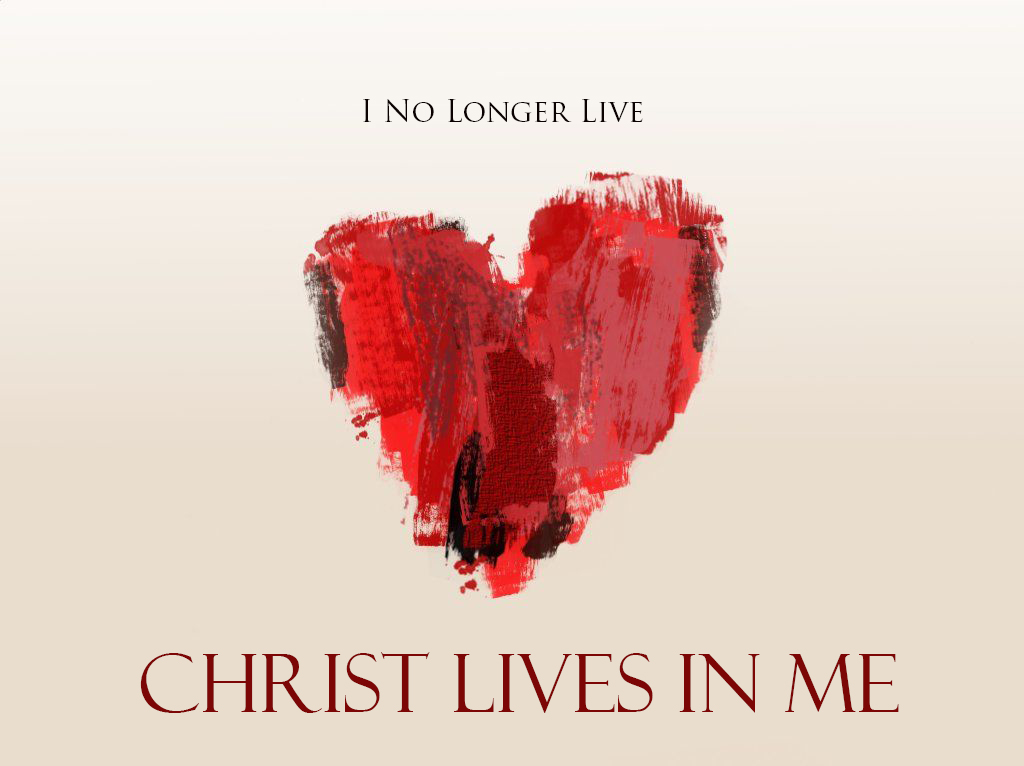I was writing this lesson for the youth class at our Vacation Bible School and something told me it needed to be shared.
The story of Daniel in the lion’s den is one of the best-known and best-loved stories in all the Bible. It has encouraged the people of God for thousands of years. And why shouldn’t it? The story is filled with unexpected twists and turns and the good guy wins big and the bad guys … well, the bad guys are torn to pieces. Along the way, we learn the secret of Daniel’s success. Somehow he managed to survive and thrive in a spiritually hostile environment.
That point is a good place to begin because Christians live in a world of spiritual hostility where the temptation to compromise our faith is with us every day. The world doesn’t want to have a conscience and doesn’t reward those who dare to stand up for what they believe. In some parts of the world, standing up for Christ means suffering and death. In America (and in most countries in the West) it means being treated as a weirdo, a freak, or crazy, being left out and perhaps being passed over.
The book of Daniel tells us how to live for God in a hostile environment. His example shows us that it can be done but not without discomfort. If you don’t compromise, you are sure to come into trouble sooner or later. The story of Daniel and the lion’s den reminds us that there is a spiritual battle raging all around us. The devil himself is like a roaring lion who would devour us if he could (1 Peter 5:8). Therefore, it should not surprise us if the devil has an army of supporters whose major call in life is to harass us, trick us, and trip us up if they can.
You can tell a lot about a person by the quality of his enemies. Daniel must have been a good man because he had the right kind of enemies. The people who hated him were no friends of God. They came after his faith because they could find no fault in him, and they had no answer for what he believed.
Before we jump in, remember these two facts: 1) Daniel is now a very old man. He came to Babylon as a teenager. All his adult life has been spent serving in the courts of various pagan rulers. Now he is over 80 years old. 2) He is now serving under a new king named Darius who rules over a new kingdom, the Medo-Persian empire. The names have changed but the spiritual challenge is the same. Will he remain faithful when the pressure is on?
Daniel is once again about to be promoted to high office. Evidently, Darius recognized him as a man of integrity and wanted to make him second in command over the entire kingdom. That’s when the intrigue begins.
At this, the administrators tried to find grounds for charges against Daniel in his conduct of government affairs, but they were unable to do so. They could find no corruption in him because he was trustworthy and neither corrupt nor negligent. Finally, these men said, “We will never find any basis for charges against this man Daniel unless it has something to do with the law of his God” (Daniel 6:4-5).
This is what his enemies discovered when they examined his life:
He was faithful in his duties.
He was faultless in his character.
He was fervent in his prayers.
These are three marks of godliness even unbelievers could see. The people who watch you can tell if you work hard at your job. They know what kind of character you have. And if they watch long enough, they will learn whether or not you are a person of prayer. Whatever is in your heart will come out sooner or later, and people who don’t know the Lord will know the truth about you. In Daniel’s case, even his enemies had to admit he had no glaring weaknesses.
No finer thing could be said that for your enemies to admit that they can find nothing wrong with you. Daniel was hated because he was successful and he was godly. Let’s suppose that your enemies decided to check you out the way they came after Daniel. Suppose someone hired private investigators to look into every aspect of your life, public and private, past and present. What would they uncover? Suppose they checked out your …
School records, phone calls, shopping habits, internet usage, favorite TV programs, what you do on vacation, every relationship you’ve ever had, every corner of your bedroom, your vocabulary at home, jokes you tell, and places you visit
Could any of us survive that kind of scrutiny? Daniel did. The investigation revealed that he had no obvious moral weaknesses. Try as they might, his enemies found nothing wrong in his life. He lived so consciously in God’s presence that he was a man “above reproach.”
Daniel’s One “Flaw”
But Daniel did have one “flaw.” He was utterly predictable in his daily prayers. He prayed every day at the same time in the same way so that his enemies realized this was where they could catch him. I’m sure you’ve heard this question: “If you were arrested for being a Christian, would there be enough evidence to convict you?” When they arrested Daniel for being a man of prayer, the evidence against him was overwhelming.
So his enemies asked Darius to pass a 30-day law forbidding anyone to pray except to Darius himself. In effect, they said, “O king, how would you like to be God for a month?” Sure, why not? That appealed to his pride. Why not be God for a month? It might be fun. So Darius signed the law, knowing that it could not be repealed, not even by himself. He had no idea that Daniel was the intended target.
They knew Daniel would break the law. That is, they knew Daniel would keep on praying just as he had always done. He was predictably faithful to God. If he had been a flaky believer, this evil plot would never have worked. His troubles came not from his weakness, but from his strength.
So what do you do when you discover that your enemies have passed a law aimed at one person, and you are that person? It’s like walking around with a bull’s eye on your shirt. How you respond at that point tells a great deal about your character. Daniel 6:10 reveals the secret of his greatness:
Now when Daniel learned that the decree had been published, he went home to his upstairs room where the windows opened toward Jerusalem. Three times a day he got down on his knees and prayed, giving thanks to his God, just as he had done before.
Note the last phrase—”just as he had done before.” For perhaps 85 years Daniel had prayed three times a day. Perhaps it was 7:00 AM, 12 noon, and 5:00 PM. I did the math and asked myself, “How many times would Daniel have prayed if he prayed three times a day for 85 years?” The answer comes out to over 93,000 prayers. No wonder he simply went back to his room and started praying. An 85-year habit is hard to break. For him, prayer was like breathing. He wasn’t about to stop praying just because some snot-nosed men threatened his life. After all, he was 85, he wasn’t going to live forever anyway, and he wasn’t afraid to die. So when they tricked Darius into signing the 30-day law, Daniel just went ahead with his daily routine. No big deal. He went home, knelt down, faced toward Jerusalem, and offered his prayers to God. He did it knowing that his adversaries would catch him.
Remember who Daniel is. He’s one of the top three men in the empire. No doubt he had a plate full of heavy responsibilities. Yet he still had time to pray three times a day. And I’m sure the reason he prayed that way was that he knew if he didn’t live by a scheduled prayer would soon be squeezed out. Prayer was so important to him that he was willing to die rather than give up his right to pray to God.
If you stop praying, the world will stop bothering you. The Lions won’t come near you. Your family will finally think you are normal again. Your boss will think you are one of the boys. The Lions win when we are silent. The great mark of true faith is that we keep praying.
It’s easy to think of reasons why he might have disobeyed. He could have simply closed the windows and no one would have seen him pray. Or he could have said, “I’ll pray in my heart. No one will know.” After all, he was being forced to do this against his will. And it was only for 30 days. He might have reasoned that by going along with the law, he could use his influence to help others. Certainly, he must have known that if he didn’t go along with the law, the lions would eat him alive. But none of those excuses were needed because long ago Daniel had made up his mind to serve God no matter what. In a sense, his prior obedience made it easy for him. He had no decision to make. He just kept on doing what he had been doing all along.
So what do you do when they call for the lions? You don’t change a thing. Keep on serving the Lord, keep on doing right, keep on living for Christ, and then let the chips fall where they may.
Darius now realizes he has been tricked. He likes Daniel and immediately begins seeking loopholes to prevent him from being thrown to the lions. But even the king could not repeal his own law because that would make him look weak and ineffective. No, the law must stand and Daniel must go to the lion’s den. But Darius is rooting for the old man. In verse 16 he wishes Daniel well with these words, “May your God, whom you serve continually, rescue you!” (Daniel 6:16). What a testimony this is to the reality of Daniel’s faith. Even unbelievers recognize true faith in God, and they respect it.
So Daniel is thrown into the lion’s den, which was a pit dug into the ground with an entrance from the side for the lions and with a huge boulder placed over the top so there could be no escape. It was a crude and very effective form of capital punishment. No one ever got out alive. And certainly not an old man over 80. Daniel was as good as dead the moment they threw him in. Or so they thought.
Notice Daniel’s Three “Did Nots:”
He did not try to escape the consequences of his decision to obey God.
He did not know what would happen.
He did not make a deal with God to save himself.
Evidently, Daniel was not afraid to die. He may have suspected that God would rescue him. He could hear the sound of the lions breathing a few feet away. But there were no roars, no menacing movements, no teeth tearing into his flesh. As the seconds ticked away, he began to relax. Minutes passed and then hours and the lions did not touch him. Daniel later said that an angel came to rescue him. Did he have a conversation with the angel? We do not know for sure, but I think he probably did. Who knows? Maybe the lions became like cuddly kittens and Daniel played with them all night long.
That night the king didn’t sleep well, but Daniel slept like a baby. The king tossed and turned, paced the floor, refused all offers of entertainment, and even refused to eat. Early in the morning he rushed to the lion’s den, hoping against hope that Daniel had somehow survived. When all is said and done, it is better to be a child of faith in a lion’s den than to be a king without God in a palace. I don’t doubt that Daniel slept well, using one lion for a soft pillow and the long flowing mane of another lion for a blanket.
It’s true that God didn’t prevent him from being thrown in the den. But the Lord went in with him. That’s why, when morning came, he was still alive, unharmed in any way. When they pulled him out, he had no wounds. No one had to apply any first aid, they didn’t call 911, and Daniel didn’t have to go to the hospital for observation. Though he was an old man, he came out at least as healthy as when he went in. Thus does God take care of his own.
God shut the mouths of the lions so they could not harm his servant. Consider the matter from the lions’ point of view. How frustrating to see a large meal and be unable to eat it. If they don’t get Daniel out of there, the lions will die of hunger. You’ve heard it said that Daniel was in the lion’s den. It turns out the lions were in Daniel’s Den.
Back to Darius for a moment. When he came rushing to check on things early in the morning, he cried out, “Daniel, servant of the living God, has your God, whom you serve continually, been able to rescue you from the lions?” (Daniel 6:26). The pagan ruler is cheering for Daniel’s God to come through. He recognized the genuineness of Daniel’s faith and though he did not believe himself, he hoped that Daniel’s God would deliver him.
Verse 23 tells us why the miracle happened. “He trusted in his God.” Nothing fancy there. For over 80 years Daniel’s faith had rested in the God of Israel. That wasn’t about to change at this late date. Daniel simply kept on trusting in God, and as a result, the Lions couldn’t touch him. Faith believes God, even when belief is unbelievable.
The end of the story comes quickly. First, the enemies who plotted against Daniel are thrown to the lions, along with their wives and children (verse 24). Then Darius offers public praise to “the God of Daniel” (verses 26-27) who is the living God who endures forever. He rescues and he saves, and he is the One who delivered Daniel from the power of the lions. What amazing words coming from the lips of a pagan king. Or perhaps he is a pagan no more. Perhaps like Nebuchadnezzar, he became a believer in the one true God. We won’t know for sure until we get to heaven, but I would not be surprised to see Darius there.
Lessons for Modern-Day Daniels
Let’s wrap up this study by considering five lessons for modern-day Daniels who find themselves facing the lions every day.
It is possible to live a pure life in the midst of a thoroughly pagan world.
Daniel’s story demonstrates that if you make up your mind (or “purpose in your heart”) to serve God, you can do it even in the very center of pagan government. There is always a way to compromise for those who want to compromise. And there is always a way to obey God for those who want to obey God.
Christians who live for God should expect opposition.
Daniel had his share of opposition and he lived a blameless life. If you set out to live for the Lord, sooner or later (probably sooner) trouble will come your way. This is part of what Jesus meant when he spoke about “taking up your cross daily” and following him. Jealous men are never far away.
God can use us to touch unlikely people when we are faithful to him.
Daniel 6 emphasizes the powerful effect that Daniel’s personal integrity had on Darius. While it is true that many of his colleagues envied Daniel and plotted to kill him, it’s also true that he made a huge impact for good on the mightiest man in the world.
We never know who is watching us or what they are looking for, but this story teaches us that not every unbeliever hates Christians. For every satrap out there planning our downfall, there is a Darius keeping an eye on us, hoping that our faith may prove to be genuine. Such people have little or no faith and deep inside, they want what we have. Even though they may never say so, they are cheering for us because they hope that what we believe will turn out to be true.
God is able to deliver his people from any danger they face.
If God can deliver Daniel from the lion’s den, he can surely deliver you. Generations of Christians have taken strength from this story because, in the end, the hero isn’t Daniel, it’s Daniel’s God. That same God is sovereign over those who plot against you. And he is sovereign over the lions who surround you. Take heart and trust in God. He can deliver you from whatever is troubling you this very moment.
God always delivers in his own time and in his own way.
This is the necessary balance. Does God always deliver his people? Yes, indeed, but not always in the way we expect. Not all our prayers are answered in the way we pray them. And in the end, we must confess that it is good that God has veto power over our fervent petitions. Sometimes God overrules because he sees the bigger picture and knows that he can glorify himself in some way other than by delivering us from a difficult situation. This story ought to be a great encouragement to us because from it we learn that God can and sometimes does deliver in amazing and miraculous ways. Therefore, let us pray with confidence to a God who can stop the mouths of any lions we may face. And if God should choose to answer in some other way, we may rest secure that God makes no mistakes and (as King Nebuchadnezzar learned the hard way) “everything he does is right” (Daniel 4:37).


